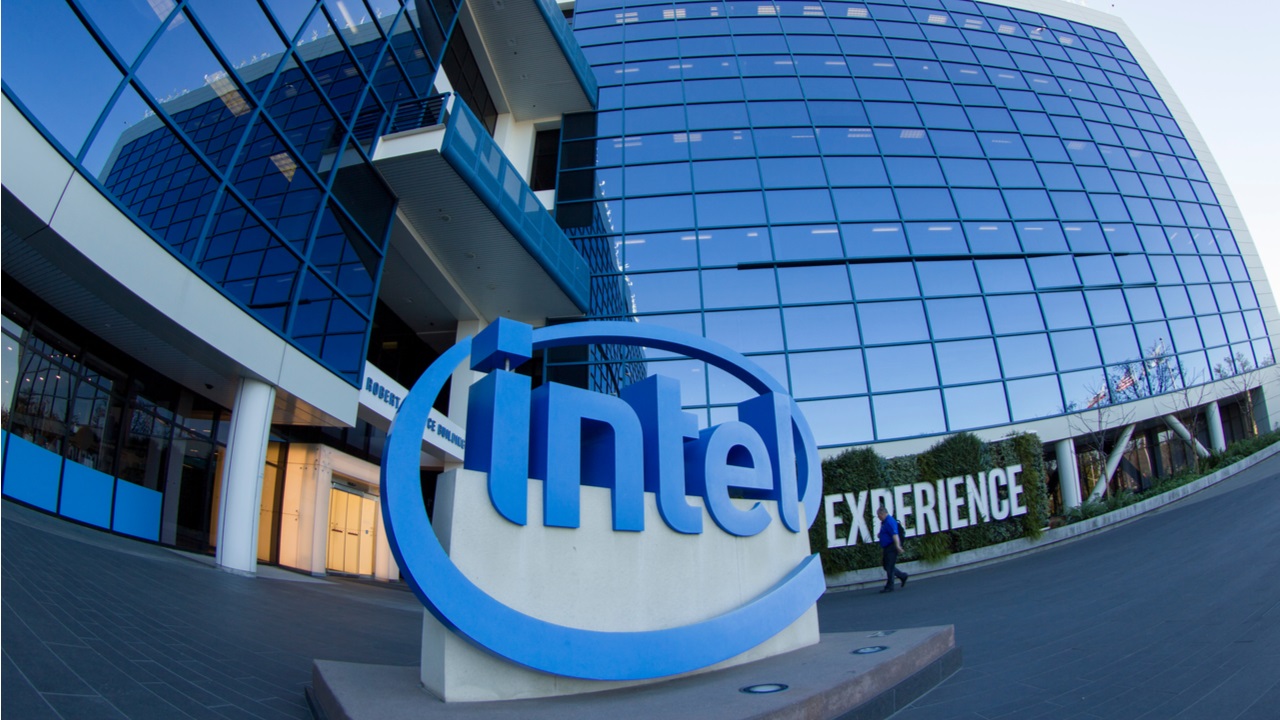
The ruling allows the crypto lender a path out of its bankruptcy, but it still has to undertake some due diligence with Binance US before the sale is final.
Bankrupt cryptocurrency lender Voyager Digital has won court approval to sell over $1 billion of its assets to Binance US.
The approval was granted by United States Bankruptcy Judge Michael Wiles on Mar. 7, which came after four days of arguments presented by Voyager and the U.S. Securities Exchange Commission (SEC).
Wiles said he would give the trading platform permission to close the Binance US sale and issue repayment tokens to impacted Voyager customers, which would give them back approximately 73% of what they're owed.
Wiles rejected a series of arguments by the SEC that the redistribution of the funds from Voyager to Binance.US would violate U.S. securities laws, according to a Mar. 7 report from Bloomberg:
“I cannot put the entire case into indeterminate deep freeze while regulators figure out whether they believe there are problems with the transaction and plan."
Peter M. Aronoff, a lawyer with the Department of Justice (DOJ) said it's considering appealing Wiles' decision.
The judge's decision comes just over a week after 97% of 61,300 Voyager account holders were found to be in favor of the current Binance.US restructuring plan, according to a Feb. 28 filing.
This is a developing story, and further information will be added as it becomes available.










